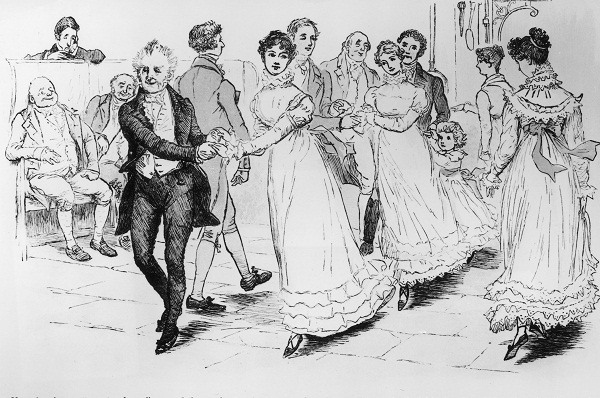Somehow, sex is less appealing when it’s characterised as ‘equitable return’. Though I’ve heard the phrase used in a similar context a dozen times since, I wasn’t quite sure what it meant when I first encountered it three years ago. I’d been drafted in to persuade a wealthy businessman at an art auction that taxidermy was a foolproof investment when I was informed that he wanted to invest in something a little livelier, in me. The intervener in this matter explained, with all the flamboyance of a Plautan pimp, that his client was willing to whisk me away to dinner and even pay my doctoral fees, but that after a certain time he’d expect an ‘equitable return’ on his investment. By this he meant sex, I checked.
So this was modern benefaction. I pictured myself as Lizzie Siddal, stripping before Dante Gabriel Rossetti in exchange for a pork chop and some pointers on my art and poetry. But this wasn’t the nineteenth century, and sadly, this particular sexagenarian had little of Rossetti’s charm, and even less of an understanding of the grounds upon which I rejected his offer: the inaccuracy of his obtrusive business-speak.
Recently, longtime Cosmopolitan editor Helen Gurley Brown passed away. As the obits bear testimony, modern feminists feel ambivalent about what she achieved for women’s lib. On the one hand, we’re told, she encouraged our self-objectification, on the better hand she told us we could ‘have it all’.
In her brilliant, barnstorming novel of 1958 Rona Jaffe explored, not so differently, what it meant to have The Best of Everything. For Jaffe’s protagonist, the wannabe literary editor Caroline Bender, having everything meant first and foremost a career, maybe a husband, hopefully kids; for her contemporaries, merely the latter two. Only rarely would an affair give rise to better career prospects.
For Gurley Brown, having it all meant mind-blowing sex with anyone, anywhere, and a career to boot.
The desire to ‘have it all’ or have ‘the best of everything’ was, at least in part, reactionary to presiding male presumptions that a) women with aspirations to successful careers were unattractive, ridiculous or doomed to fail; b) sex was primarily male gain.
Rarely would anyone claim today that sex is purely male gain, except maybe Warren Beatty. But when one comes across websites such as Seeking Arrangement, which purport to match ‘sugar daddies’ — wealthy ‘benefactors’ — with ‘sugar babies’, ‘attractive, intelligent, ambitious and goal orientated’ women, it’s hard to get away from that withered picture of old time patronage and uneven sexual politics. Sex isn’t formally written into these exchanges, but I have it on very good authority (not my own) that it’s usually involved.
Like the offer of my prospective investor three years ago, such arrangements evoke far too readily the idealized picture of ‘equitable return’. Though they may cast the exchange involved as mutually beneficial, it can never, realistically, be mutually matched, or indeed ‘equitable’.
Modern patronage, presented in that way, can never sit comfortably with modern desires to have it all.
Even if one casts no explicit speculation on the degree to which young attractive girls can really enjoy sex with sugardaddies, there’s still a problem inherent in the concept of modern benefaction. It recalls, in presentation and the message it evokes, an era when sex was presented as a one-way street, when it was the (male) benefactor’s return on an investment.
I’m not sure I’m any more enthusiastic about the broader application of business-speak to relationships — depressingly commonplace malapropery — but this phrase tops the lot. It’s not liberating, it’s not accurate, especially not in financial terms, and the cost of it surely outweighs any gain buying into it may produce. Sugardaddies — at least get your language right.






Comments